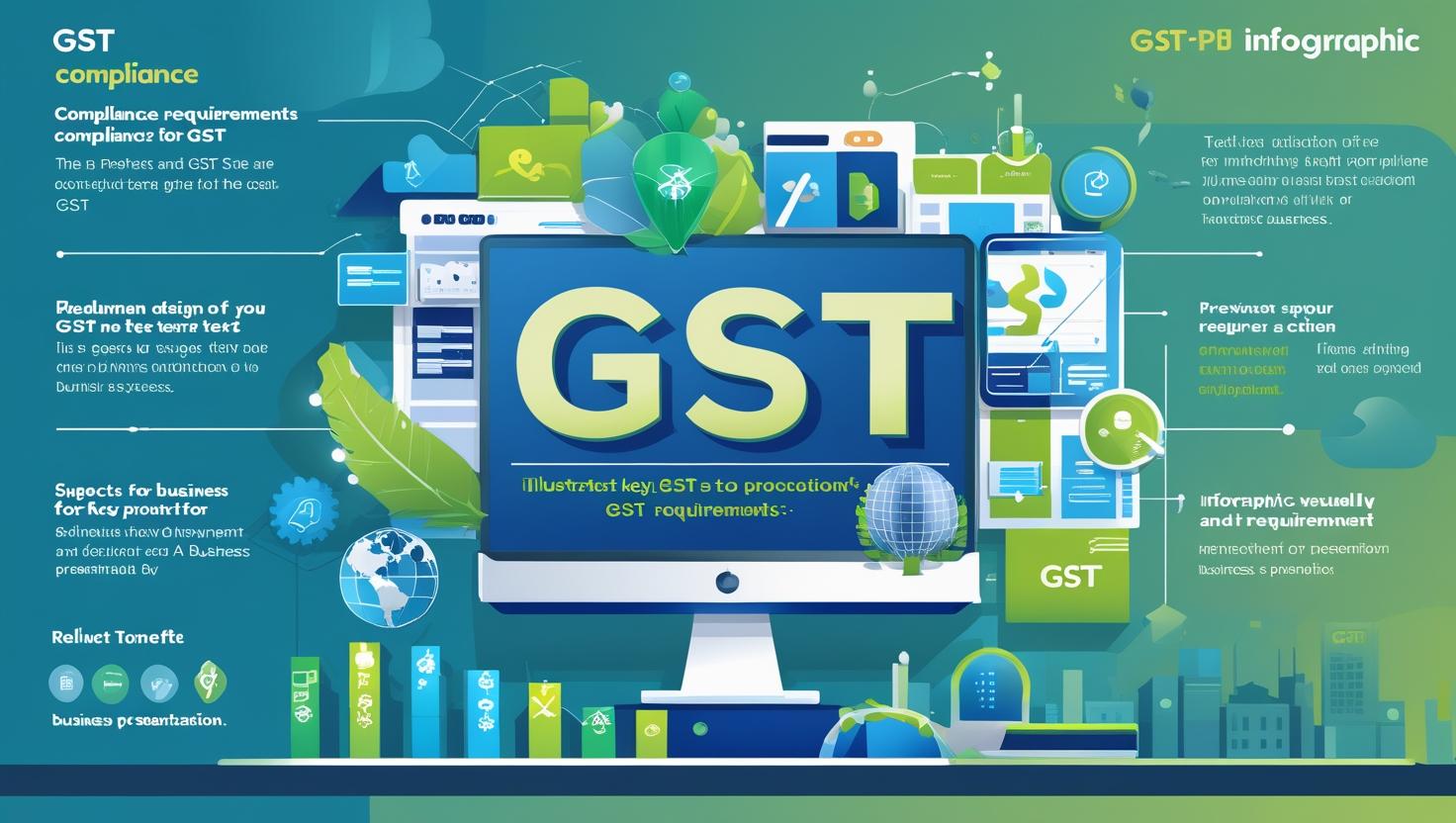
The Goods and Services Tax (GST) has fundamentally reshaped how Indian businesses operate. While many firms merely “comply,” the truly savvy ones leverage GST for cost savings, seamless compliance, and even market advantage. 2025 brings new compliance requirements and digital tools—are you ready to maximize the benefits and avoid the pitfalls? Here’s what you really need to know.
1. GST Registration: More Than a Legal Must
Don’t just register because you have to. Correct GST registration opens doors to new clients, eases inter-state trade, and increases your credibility. Even small businesses below the threshold may benefit from voluntary registration to avail input tax credits and participate in B2B supply chains.
2. Mastering Input Tax Credit (ITC): The Profit Booster
Only claim ITC on goods and services genuinely intended for business.
Always match purchase invoices with suppliers’ returns.
Maintain a clean digital trail. Missed credits quickly add up!
Pro tip: Reconcile your books monthly—don’t wait for year-end surprises.
3. E-Invoicing: Compliance Made Simple
With thresholds lowering, e-invoicing is now a norm for more businesses. This system automates invoice reporting and boosts accuracy, but mistakes (like mismatches in GSTIN, HSN codes, or totals) can trigger issues. Invest in robust invoice software and train staff adequately.
4. Timely GST Returns: Avoid Penalties, Build Trust
File GSTR-1 (outward supplies) and GSTR-3B (summary return) punctually every month.
Update business details and track Notices or DRC demands on the GST portal.
A track record of timely filing speeds up ITC credits and reduces compliance headaches.
5. Reverse Charge Under GST: Know When You Owe
Reverse Charge Mechanism (RCM) makes the recipient pay GST instead of the supplier in certain cases, such as goods/services from unregistered dealers. Know when RCM applies, and report/pay accordingly, to steer clear of audit flags.
6. GST Audits and Scrutiny: Be Ready, Not Sorry
As GSTN analytics improve, audits and notices are becoming common, especially for mismatches, ITC claims, or possible fraud. Keep digital and physical records organized for five years and be prepared for online document requests.

7. Leverage Digital GST Platforms
India’s GST system is among the world’s most digital-friendly. Use the latest government and private tools for:
Automated return filing
Bulk invoice uploads
Real-time mismatch alerts
Periodic compliance reminders
Frequently Asked Questions
Q: What if I miss a GST return deadline?
A: Late fees and interest apply—plus any ITC mismatches can delay credits or trigger notices. Filing on time is the best policy.
Q: Do small businesses really need to worry about GST audits?
A: Yes! Even MSMEs are on the radar if there are unusual transactions, sharp changes in turnover, or complaints.
Final Thoughts
GST isn’t just a tax—it’s a business management opportunity. By staying proactive, using digital platforms, and understanding key rules, you can turn GST from a chore into a competitive edge in 2025. Stay updated, consult experts when needed, and remember: compliance breeds confidence, and confidence powers growth.

